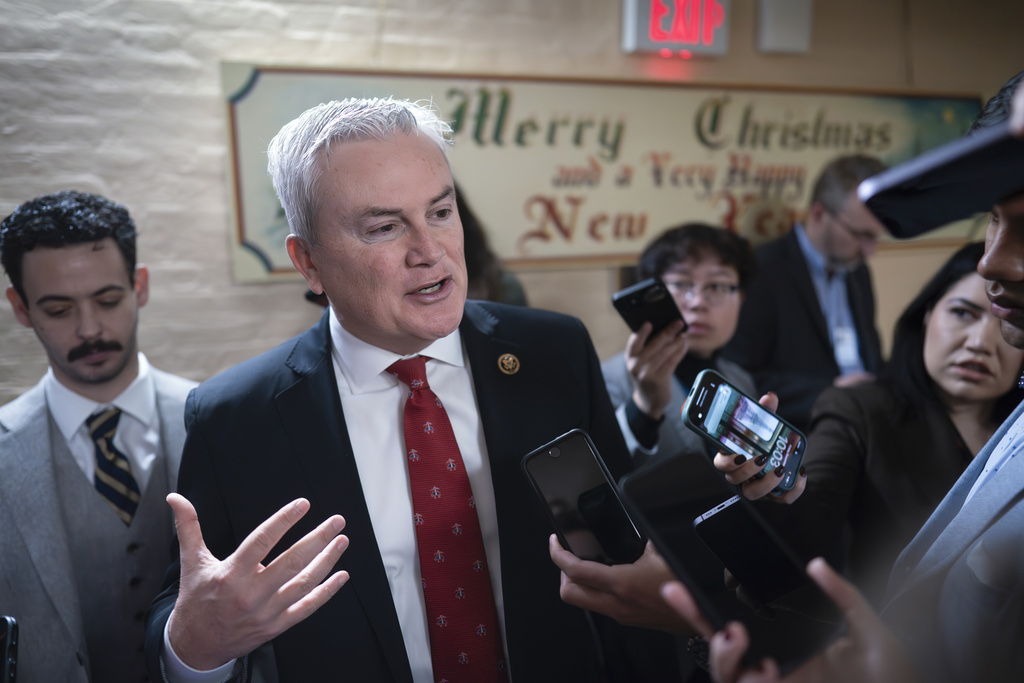
House Oversight Committee Chair James Comer (R-KY) is on a mission to find out whether Joe Biden’s administration politicized the Transportation Security Administration’s Quiet Skies project. A secret until 2018, the program was supposed to monitor potential security risks in airports but lacked oversight and used commonplace actions as behavioral indicators to identify those who needed to be surveilled. When Homeland Security Secretary Kristi Noem shut it down a few weeks ago, Comer requested documents that Biden officials had declined to hand over during the previous administration, a refusal that Comer apparently interpreted as guilt. He might be right, but the issues with this program may have run deeper than politicization.
Quiet Skies was initiated in 2010 using a set of “risk-based” rules to identify passengers for “enhanced screening on subsequent domestic and outbound flights for a limited period of time or number of flights,” as the Government Accountability Office said in its 2019 report to congressional committees regarding aviation security. The program ran under the radar until The Boston Globe released an exclusive report in 2018 following its investigation of the operation, stating, “Federal air marshals have begun following ordinary US citizens not suspected of a crime or on any terrorist watch list and collecting extensive information about their movements and behavior under a new domestic surveillance program that is drawing criticism from within the agency.”
Some air marshals told The Globe that “the program has them tasked with shadowing travelers who appear to pose no real threat — a businesswoman who happened to have traveled through a Mideast hot spot, in one case; a Southwest Airlines flight attendant, in another; a fellow federal law enforcement officer, in a third.” The list of reasons to monitor passengers is long and could permit marshals to monitor just about anybody. If you have “a cold penetrating stare,” sleep on a flight, have “a ‘jump’ in your Adams apple,” stop and quickly turn around, “attempt to change appearance by changing,” “observe the boarding gate,” or board a plane last, a marshal could have grounds to follow you and add you to the watch list. Excessive fidgeting, a flushed face, sweaty palms, strong body odor, exaggerated emotions, face touching, and wringing your hands also are considered suspicious enough to warrant a marshal’s surveillance.
Click this link for the original source of this article.
Author: Ray Hilbrich
This content is courtesy of, and owned and copyrighted by, https://www.offthepress.com and its author. This content is made available by use of the public RSS feed offered by the host site and is used for educational purposes only. If you are the author or represent the host site and would like this content removed now and in the future, please contact USSANews.com using the email address in the Contact page found in the website menu.







